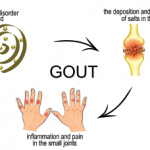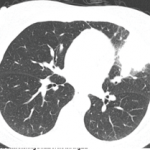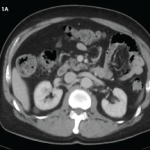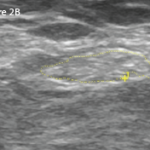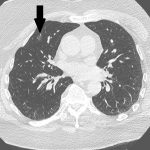ATLANTA—At the ACR/ARP 2019 Annual Meeting, several widely renowned experts across an array of specialty subjects provided a comprehensive and compelling review of advances in the understanding, diagnosis and treatment of a number of rheumatologic conditions. Sjögren’s Syndrome Frederick Vivino, MD, FACR, chief of rheumatology at Penn Presbyterian Medical Center and professor of clinical medicine…


